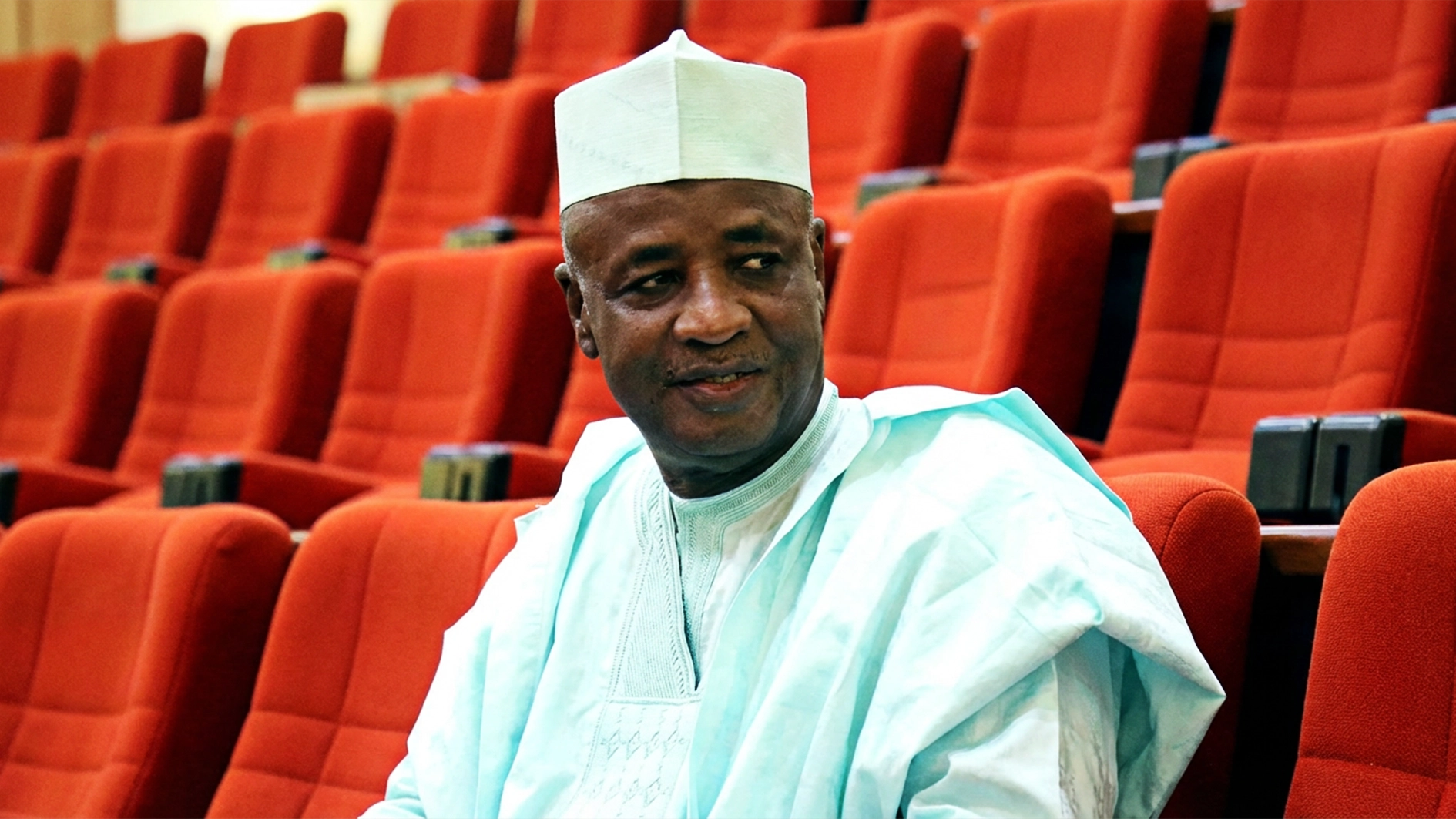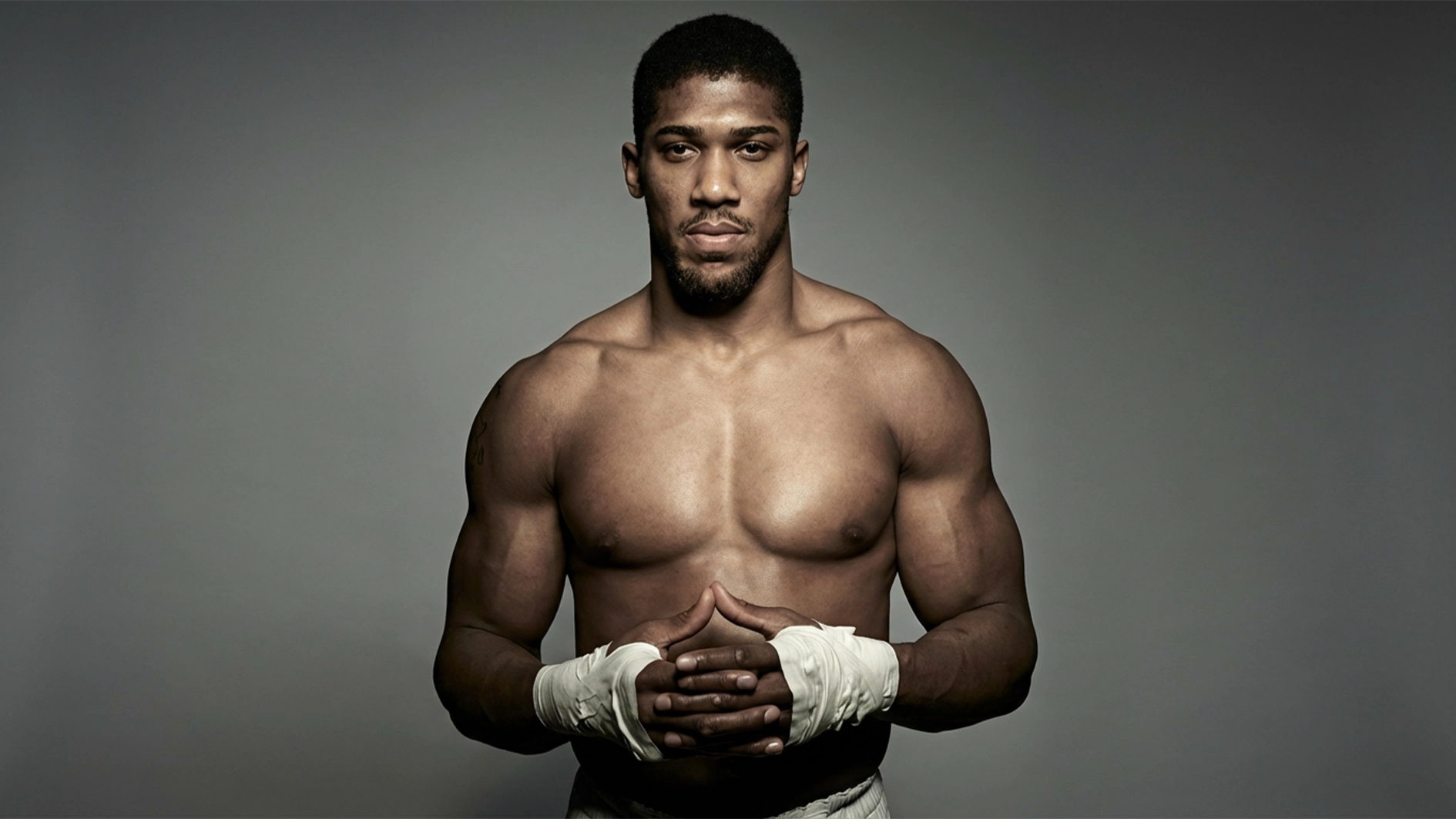[dailymotion code=”x7wfl2n” autoplay=”yes”]
The just-concluded Edo State gubernatorial election has produced some winners and losers. A message has been sent, lessons have been learned and the event has been recorded in history for posterity. The much-anticipated mayhem, violence, and destruction did not occur. The usual electoral irregularities and manipulations were mainly accentuated in their relative absence. There were no widespread post-electoral protests. The consensus was that the people of Edo State took their destinies in their hands, protected their votes, and ensured that their will prevailed.
So how did we get it right in Edo State? There is an argument making the rounds that most of the dramatis personae were intimidated by the threat of visa ban by the United States of America on Nigerian electoral offenders that they generally avoided any action that would likely incur the wrath of Donald Trump’s global policemen. In as much as the timing of the visa, ban threat is auspicious, yet I believe that it played a negligible part in the success of the election. Some of the eligible transgressors may have already soiled their hands elsewhere and are already on the banned list meaning that any further electoral misdemeanour committed in Edo State would only make them repeat offenders.
Admitted to the United States reserves the right to allow or disallow whoever she wants into her country, the propriety of the threat of the visa ban leaves some probing questions. How do you determine who has committed an electoral offence worthy of the sanction? Are you going to use media reports when most of the Nigerian media are known to be biased because they are controlled by political interests or aligned with political parties? Are they going to rely on the opposition who would readily celebrate the ‘maturity of the electorate’ and ‘advancement of Nigeria’s democracy’ when they win but will start screaming ‘democracy is in danger’ each time they lose? Are you going to use the pronouncement of Nigerian courts?
The most plausible way would be the use of the famed US intelligence agencies. However, notable failures in places like Iraq and Libya that cost the US the loss of precious lives and waste of hundreds of billions of dollars mean that the US intelligence services and personnel are not infallible. Additionally, Donald Trump’s ‘America First’ policy has led to the defunding of the State Department, which has consequently impeded the capacity and efficiency of American intelligence gathering in foreign countries.
The eve of Edo Decides 2020 witnessed some altercations between the security agencies and some PDP governors who were in the state and the aftermath of the elections saw some people ‘lionizing’ and ‘canonising’ the governors, insinuating that their presence and strategies in Edo State ensured that the party’s candidate prevailed. Aside from the fact that this is insulting to the majority of Edo electorates who seemed determined to make a statement with the elections, this is a clear case of misplaced adulation. Without any capacity to control the security agencies, incapable of suborning the electoral umpire or financially inducing the electorate for a favourable outcome, these external forces were only bystanders to history, mere onlookers in a momentous event of a favourable outcome. As someone noted while analysing the election outcome, it would be preposterous for Edo people to consciously cast aside a homemade godfather while embracing a foreign-made one.
It may be difficult for some to admit but the obvious non-interference of President Muhammadu Buhari, or rather his interference to ensure that there is non-interference and the relative degree of impartiality by INEC and the security agencies may have strengthened our electoral system and helped deepen democracy. The President may have his faults and the worsening state of the economy, and attendant hardship do not do him any favours, the way incumbent presidents are usually unpopular in periods of economic hardship. The perception in some quarters that most of the appointments by his government are lopsided in favour of the northern part of the country does not win him many friends in the south.
However, in many of the elections conducted under his administration, the President has demonstrated an admiring penchant for non-partisanship. He does not personally interfere in the polls beyond campaigning for the APC candidate as a loyal party man. This attitude may be frustrating to the APC apparatchikbecause he is a president elected on the platform of a particular party and is expected to further the interest of the party.
Whatever is the real reason behind the president’s commendable approach towards the election, it made him come across as a statesman rather than a combatant. And in the process, he must have garnered some badly-needed goodwill.
The vast deployment of security agencies (the legendary federal might) to Edo State before the elections led to widespread fears that they would be used to subvert the electoral process in favour of the President’s political party. Some have argued that Edo 2020was an “over garrisoned election”. If you divide the total voter turnout (550,000) by the number of security personnel (30,000), it means that every 18 votes were protected by one policeman on the average. It is worthy of note that in a general election this is a difficult scenario to achieve.
It should be noted that in fragile and developing democracies as we have in Nigeria, ‘militarization’ of elections is most times unavoidable. As we saw in Edo State, the law enforcement agencies were able to ensure a credible election by protecting the electorate and INEC officials from political thugs and other undesirable elements intent on disrupting or manipulating the exercise. The President was said to have given strict instructions to the Inspector General of Police that under no circumstance would the police be used to perpetrate electoral fraud. This approach is in sharp contrast to what happened during the Olusegun Obasanjo era or specifically in Goodluck Jonathan’s administration, where ‘federal might’ was liberally used in the 2015 general elections in many places
The President was one of the first persons to congratulate the PDP candidate, Governor Godwin Obaseki immediately he was declared the winner of the election by INEC. This act must have helped in reducing post-election tension and anarchy as it would have undermined the losers’ ability for incitement to violence and calmed APC supporters who may be disappointed and incensed by the unfavourable outcome.
The President’s non-partisanship extends beyond our elections. Our nascent democracy has witnessed in recent past statutory federal allocation to opposition states being withheld even after a Supreme Court ruling that they should be released. It has seen state assemblies impeach some governors under the pressure and supervision of agents of the President. Some Legislators were induced by the President to impeach senate presidents and speakers of the House of Representatives. State of emergency was declared and governors consequently removed and replaced by an appointee of the President mostly because the state chief executive had fallen out of favour with the President.
However, under Buhari, governors have superintended the affairs of their states without any interference from the federal government. Some governors have even taken advantage of this by brazenly challenging and undermining federally-controlled law enforcement agencies in the process of performing their duties. In the case of Rivers State, the President in June 2020, approved the refund of a whopping sum of N78b owed the state by the federal government. It is instructive to note that some of these funds were monies owed the state when the past administration in the state was in a party that was in opposition to the federal government. The current governor of the state has wisely or unwisely, and vociferously positioned himself as a bulwark of the opposition party’s resistance to the ruling party.
INEC, although not enjoying the confidence of Nigerians to conduct credible elections, came out with a lot of credits from the Edo Elections. From the conduct of most of its agents to the orderly way the results were collated and announced, the Mahmood Yakubu-led body has demonstrated that it can organise elections that meet standards of impartiality and fairness to some degree.
Much of the criticism the current INEC leadership has received may not be a true reflection of the state of things, in my opinion. Their good intentions may oftentimes have been undermined by some desperate politicians who are always inventing new ways to manipulate the electoral process and an opposition party that consistently refuses to take responsibility for or accept unfavourable electoral outcomes. Improvements in the functionality of card readers and PVC’s have led to better electoral results. Still, some politicians strive to undermine these by ballot box snatching and stuffing by hired thugs and inducement of election officials. Even when some of these elections are successfully concluded, INEC faces court judgments, which are contentious sometimes.
Despite that the last general elections are considered free and fair by many foreign observers, the opposition has consistently cast the election as duplicitous, with some going as far as comparing it with the travesty conducted by a certain Prof. Maurice Iwu in 2007. The 2007 election was so poorly executed that even the most significant beneficiary in the person of Late President Umaru Musa Yar-Adua publicly decried the process that brought him to power. The bad losers of the 2019 elections would neither mention the fact that the ruling party lost the presidential election in five states where the incumbent President’s political party occupied the state governor’s office nor lost the governorship election in three states controlled by the APC.
So much has been said about the President signing or not signing the latest version of the Electoral Act but as the Edo election has proven, the laws in place can be adequate to give us credible polls. What is needed is the will on the part of all stakeholders to make the process less flawed and more effective.
There are lots of areas INEC can improve. Still, the bottom line is that the sanctity of the electoral process will always rely more on social reorientation and institutional reforms than leadership or personnel of the electoral umpire. At the end, there is a general consensus that on the scale of Nigerian elections, Edo 2020 was significantly an improvement.
Dr Peterside (DAP), Leadership & Organizational Development Consultant .
Corporate Political Strategist. Newspaper Columnist.






